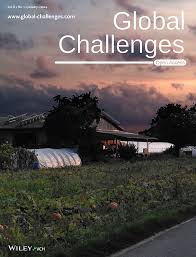A university vice president has received his first retraction – and disagrees with it, according to the journal.
The retraction for Jaydutt Vadgama, the Vice President for Research and Health Affairs at the Charles R. Drew University of Medicine and Science, comes after a commenter on PubPeer noted similarities between data in two papers from the same group. Similar comments have led to corrections to two other papers by Vadgama, who is also professor at the David Geffen School of Medicine at University of California, Los Angeles.
The retracted article, “A83-01 inhibits TGF-β-induced upregulation of Wnt3 and epithelial to mesenchymal transition in HER2-overexpressing breast cancer cells,” appeared in Breast Cancer Research and Treatment in 2017. It has been cited 38 times, according to Clarivate’s Web of Science.
The retraction notice, published this month, states:
Continue reading University vice president for research contests retraction for image issues








